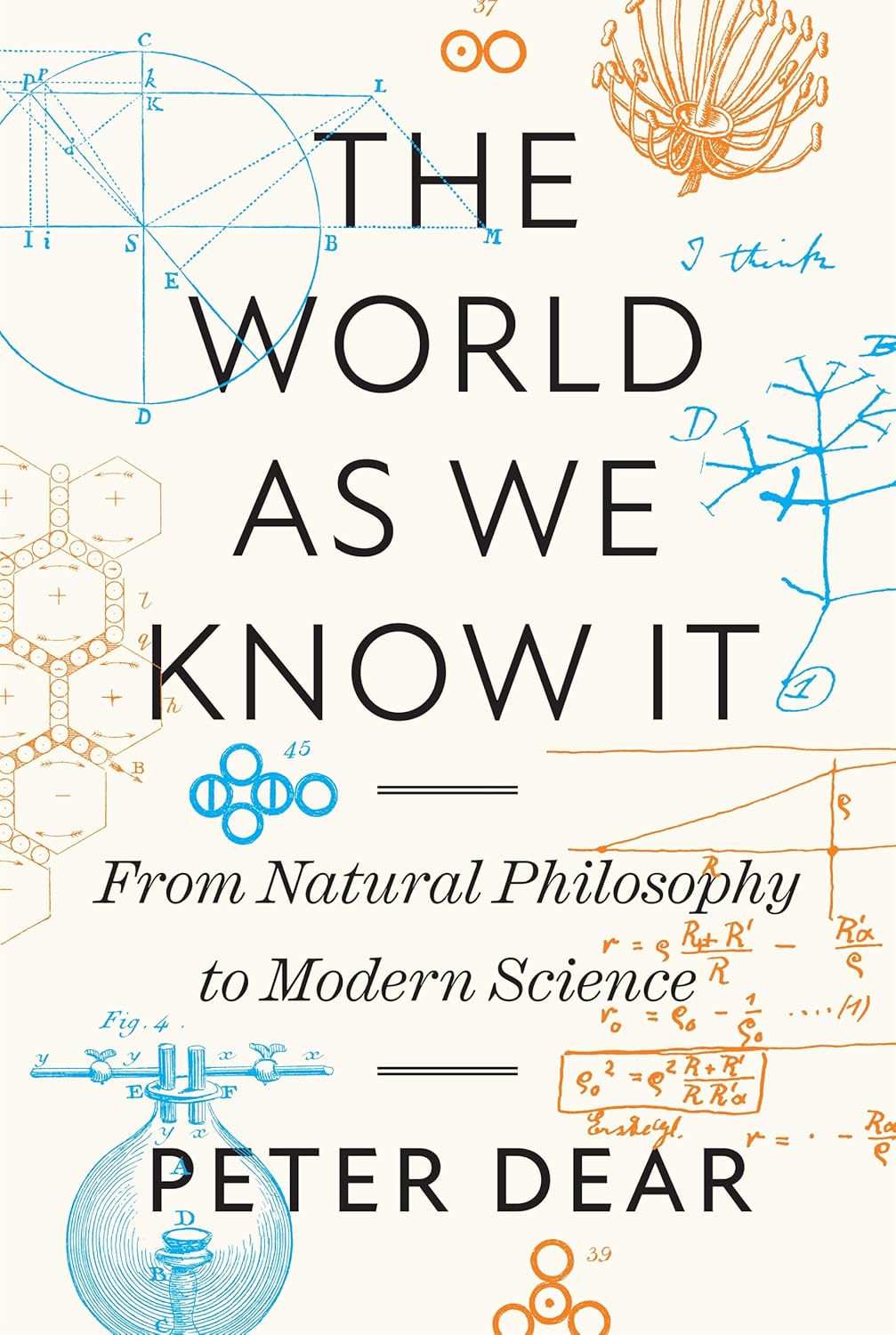
The World as We Know It: From Natural Philosophy to Modern Science
我們所認知的世界:從自然哲學到現代科學
內容介紹
──《科學的革命性轉變》( Revolutionizing the Sciences)獲獎作者彼得・迪爾(Peter Dear)鉅作,帶領讀者深入探索我們如何透過科學的視角來理解世界的歷史進程
科學是我們對自身與世界各種假設的基礎,從對人類演化歷史的認識,到對浩瀚宇宙與微觀粒子的理解。在這本視野宏闊的著作中,知名科學史學者彼得・迪爾(Peter Dear)深入探究這些信念的根源,揭示它們如何構成了一套歷經數世紀發展與精煉的自然哲學,並指出我們今日所認知的世界其實並非命中注定的結果。
迪爾以多線敘述的方式,描述人類知識進展中一些最令人讚嘆的成就,例如:艾薩克・牛頓(Isaac Newton)的運動與萬有引力定律、卡爾・林奈(Carl Linnaeus)的生物分類法、安托萬・拉瓦錫(Antoine Lavoisier)的現代化學奠基、查爾斯・達爾文(Charles Darwin)的演化論,以及阿爾伯特・愛因斯坦(Albert Einstein)的相對論。他挑戰「科學只是發現」的觀點,說明我們所處的世界其實是由人、制度與文化預設所共同塑造,從而誕生了從生物學、天體物理學,到電磁學與社會科學等多樣學科。
本書橫跨十八世紀初至當代,帶領讀者重新思索人類如何建構起自己在宇宙中的位置,這套世界觀來自於無數個體、文化傳統與一種無邊界的求知欲。
目錄
導論:自然哲學與科學
第1章 神聖秩序:艾薩克・牛頓與自然神學
第2章 天體秩序與萬有引力
第3章 混合數學與機率論
第4章 電的清單
第5章 組織:生物的分類
第6章 化學的清理:物質的分類
第7章 拉普拉斯、革命秩序與數理物理的誕生
幕間 制度與教學
第8章 分類與滅絕:居維葉與十九世紀初的自然史
第9章 達爾文的分類法:地質學與生命組織
第10章 演化與科學自然主義
第11章 熱力學與現代物理學
第12章 機率與決定論:科學的新模式
第13章 電磁學、遠距作用與以太
第14章 原子的化學用途
第15章 天空的實驗室:天文台中的物理學
第16章 自然哲學的新模式
結論:我們所獲得……與所失去的世界
致謝
註釋
參考書目
索引
作者介紹

彼得・迪爾(Peter Dear)為康乃爾大學歷史系榮譽退休教授,著有《科學的革命性轉變:歐洲知識的轉型,1500–1700》(Revolutionizing the Sciences: European Knowledge in Transition, 1500–1700,普林斯頓大學出版社出版)、《自然的可理解性:科學如何讓我們理解世界》(The Intelligibility of Nature: How Science Makes Sense of the World),以及《紀律與經驗:數學方法與科學革命》(Discipline and Experience: The Mathematical Way in the Scientific Revolution)等書。
書評
“For a long time, it has seemed that academic historians of science had abandoned history. They produced jewel-like contextual studies of specific passages of scientific thought and practice, and they largely set aside the question of how we got from the past to the present, worrying about its association with simplistic triumphalism. The World as We Know It is a smart, subtle, and wholly welcome reengagement with large-scale and long-term historical change.”—Steven Shapin, coauthor of Leviathan and the Air-Pump: Hobbes, Boyle, and the Experimental Life
“In our present moment, when scientific knowledge is being swamped by misinformation and its institutions are under siege, Peter Dear’s masterful historical explanation of how the scientific ‘world as we know it’ came about—largely in eighteenth- and nineteenth-century Europe—is refreshing and welcome. While deftly integrating the essential roles of the cultural values and institutional arrangements that emerged to support science, Dear focuses primarily on intellectual history, illuminating via leading cases how ‘modern’ scientific ideas and practices developed across the natural sciences, generating both worldview implications and practical results. Capped by a brilliant conclusion addressing the legacy of this history in our contemporary mythos of science, The World as We Know It is a lucid, sophisticated introduction to the history of scientific ways of knowing and its significance for today.”—Lynn K. Nyhart, University of Wisconsin–Madison
“Peter Dear charts the rise of the mysterious entity known as ‘modern science,’ but he is far too good a historian to portray the process as uniform or linear. From Boerhaave to Bohr and from natural history to nonlocality, Dear shows how scientific practices and ideas have often appeared mutually incompatible, and how those incompatibilities stimulated yet more inquiry. Sometimes the quest was for ultimate reality, at other times for instrumental explanation or practical value—but even as science has separated itself from philosophy, it has never abandoned the fundamental ambitions whose deep historical roots Dear so elegantly explores.”—Dmitri Levitin, University of Oxford
“Peter Dear, long admired as a commanding voice in the history of early modern science, has given us a brilliant, cogent overview of the natural sciences from the seventeenth century to the quantum revolution. Easily accessible to any educated reader, Dear’s story focuses on natural philosophy and various instrumentalist or utilitarian challenges to it from Newton to Einstein and Bohr. Detailed accounts of crucial episodes convey the flavor of actual research, never losing sight of the big picture. An exciting book, indispensable to anyone interested in modern science.”—James Turner, author of Philology: The Forgotten Origins of the Modern Humanities
相關連結
